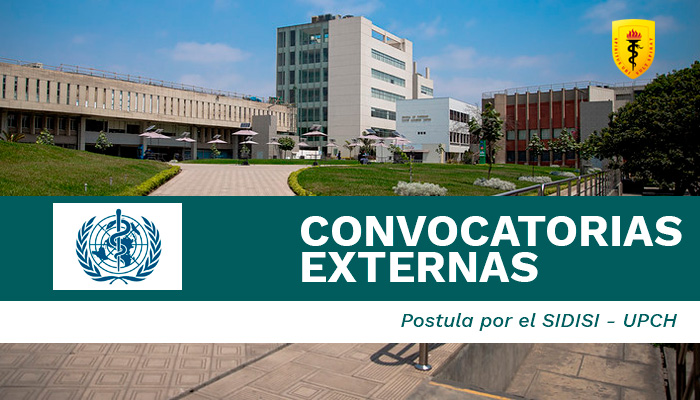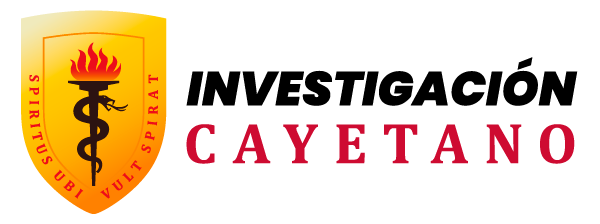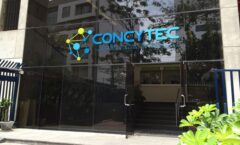Health policy analysis for health taxes: Lessons from countries

The overall purpose of this research programme is to:

The overall purpose of this research programme is to:
• Generate knowledge (as well as advocate for greater attention for) health policy analysis for furthering health taxes.
• Support and build national capacity for health policy analysis for health taxes to apply and use these frameworks, tools and approaches to advance health policy analysis for health taxes.
• Develop analytically generalizable, cross-national learnings based on this knowledge to inform civil society advocacy as well as improve government policy-making, as well as researchers and donors, and present these learnings in outputs suitable for these audiences.
• Share these learnings broadly, to better inform country-led processes to use health policy analysis in the understanding and strengthening of how health taxes are designed and implemented.
Eligibility
In order to apply, an individual or team must meet the following criteria:
• The Principal Investigator must be a researcher based in a LMIC research institution, but special priority will be given to the following countries: Brazil, China, Colombia, Egypt, India, Kazakhstan, Mongolia, Myanmar, Nigeria, Paraguay, the United Republic of Tanzania, TimorLeste, Uganda, Ukraine, and Zambia.
• Teams should be gender-balanced with women comprising at least 50% of the research team. Teams should ideally include, or at the least emphasize and highlight links to policy-makers.
• The experience of researchers as reflected in the proposal as well as the CV of the PI should reflect experience both in health policy analysis and examining the role of political economy considerations in health promotion activities.
• Teams must, in their proposals, be able to demonstrate their plans for access to data sources relevant to answering their research questions.
Work duration and budget
A maximum of eight studies will be funded in as many countries. Individual research projects will be funded for up to a maximum of US$ 55 000. The research projects are expected to run for a maximum of 12 months after the development of the final protocol. By submitting a proposal, Principal Investigators commit to attending a protocol development workshop, to be held in early 2023 (virtual or in-person depending on the global situation at the time) and an analysis and writing workshop planned to be held 10 months after the initial workshop.
Institutional overheads should not exceed 13%
Deadline: 23 December 2022, 23:59 CET.
Postula por el SIDISI – UPCH: https://intranet.upch.edu.pe/sidisi/convocatoria/public/index/id/384



